Harris, Reed & Seiferth
|
|
I can only imagine a few things worse than waking up in the morning and discovering the unexpected – you've been robbed! You may feel violated, and then angry…and then confused. You might think, "Who would do this, and how did it slip right under my nose?" If this has ever happened to you, don't feel bad; it can happen to anyone – at any time. According to the FBI's most recent property crime report, nearly 8 million homes reported property crime offenses in the U.S. in 2016 alone, and that includes neighborhoods where the crime rate is very low. I've rented since college and haven't had an issue with my safety, or experienced a burglary in any of my apartments. I am always careful to lock the front and patio door before going to bed. But, I did slip up recently. I was so exhausted I fell asleep on the couch and forgot to lock the door! Luckily, I woke up in the middle of the night to get water and noticed the door was unlocked. Since I've never lived alone before now, I felt scared and anxious - and immediately locked the door. I couldn't believe I had put myself at risk like that, especially because I consider myself very cautious and aware of my surroundings. After my personal safety lapse, I began to wonder what additional security measures I am allowed to take at my apartment complex. I don't technically own the place, so what can I do besides lock my door? I found out there are security measures I can implement in and outside of my apartment to help ensure my safety – and I wanted to share them with all the fellow renters!
Source: https://www.foremost.com/learning-center/protect-your-apartment-from-breakins.asp
0 Comments
Cruising down the strip in my mini-van, windows down, friends in tow, listening to some sort of 90's hair band without a care in the world… now that was the life. I remember how fun it was to finally turn 16, drive around the town feeling 100 feet tall because I was an adult (in my eyes). I don't remember seeing my parents act nervous or scared… although I'm sure after I pulled out of the driveway they were a nervous wreck. Driving as a teenager carries a hefty amount of responsibility and when your child smiles big for that first license picture, your stomach may drop. Chances are you have heard the stories, seen the statistics or maybe firsthand witnessed teenage driving accidents. That's because traffic crashes are the leading cause of death for teenagers in America, according to the National Highway Traffic Safety Administration (NHTSA). In fact, teenagers are involved in three times as many fatal crashes as all other drivers. The NHTSA reports that each year more than 5,000 teens (ages 16-20) are killed in passenger vehicle crashes and during 2006 a teen died in a traffic crash an average of every hour on weekends and once every two hours during the week. Don't let these statistics keep your teen in the house forever, but set some rules that reiterate the importance of responsible driving. I think I did a pretty good job as a teen. I credit it to the fact that our grandparents lived with us and I drove them back and forth to McDonalds every night. Besides anticipating the delicious hamburgers, I remember thinking that I had to drive carefully because I didn't want anything to happen to them. Whether your teen has a grandparent or younger sibling they are responsible for or are on their own, these tips should help point them in the right direction.
Your safety is number one to us. Stay safe wherever you choose to go on the road. Source: https://www.foremost.com/learning-center/teen-driving-equals-big-responsibility.asp
Do you have a great Halloween costume planned for this year? How about for your kids? Or your pets? Why do I ask? According to the National Retail Federation, 71.5% of Americans plan to celebrate in a spooky fashion. Even if you're not the dress-up type, that means you're probably planning to decorate your house in some way, shape or form. Overall, it's estimated we'll spend $8 billion on Halloween this year alone. With all of the money spent on this day, you'll want to preserve your investment as best you can. Especially when you consider that, according to the National Fire Protection Association (NFPA), Halloween is one of the top five days for candle fires. Let's talk about candles. According to the NFPA, they are the number one cause of home fires. After you carve your pumpkin masterpiece, think twice before grabbing a tea light to place in it. Rather, place a flashlight, glow stick, or a battery-operated candle inside. When I bought my pumpkin carving kit a couple of years ago, it came with a battery-operated candle that flickers like the real thing. Keeping Halloween fire free is easy if you just take a few precautions. No one wants their fun memories tarnished by an accidental fire. If you do choose to use candles as a part of your decorations, make sure you keep a watch on them at all times. Place them on stable surfaces, far from any other decorations, especially dried out cornhusks or other highly flammable materials. Fires aren't only caused by candles, so make sure those highly-flammable decorations are also placed far from any heat sources, including light bulbs and heaters. Underwriter's Laboratory (UL) also recommends checking all power cords for loose connections, frayed or bare wires, all of which pose a fire risk. Even if your power cords are OK, UL also reminds you not to overload extension cords. If you're using special heavy duty appliances like fog machines, make sure your extension cord is rated to handle the wattage of the device. Keeping Halloween fire free is easy if you just take a few precautions. No one wants their fun memories tarnished by an accidental fire. Source: https://www.foremost.com/learning-center/keep-halloween-a-fire-free-fright-fest.asp
No matter what kind of home you live in, the following home fire prevention tips will help you form home fire-safe habits and prevent fires:
Proper maintenance can prevent fires Several mechanical systems in a house require maintenance. These systems include heating equipment such as furnaces, flues, fireplaces, space heaters, wood stoves, water heaters, kitchen stoves, as well as electrical systems and electrical appliances. The bad news: if these systems aren't properly maintained, the potential for fire increases. The good news: fires in all these systems are preventable. The information here will help you decrease the chance of having a fire in your home. Carelessness Storing all matches and lighters out of the reach of children can prevent a tragedy. Fires caused by a homeowner's carelessness, such as a grease fire or a fire that started because flammable liquids were stored inside the home, are also preventable. An ounce of home fire prevention could be worth a life
Smoke and toxic fumes are the leading cause of death in fires. That's why it's so important to get out immediately and stay out.
Source: https://www.foremost.com/learning-center/fire-prevention.asp |
Categories
All
Archives
May 2024
|
Social MediaContact UsNavigation |
|
Website by InsuranceSplash
Privacy Policy | Terms of Use
© 2025 by HARRIS, REED & SEIFERTH INSURANCE GROUP, INC. All rights reserved.
© 2025 by HARRIS, REED & SEIFERTH INSURANCE GROUP, INC. All rights reserved.

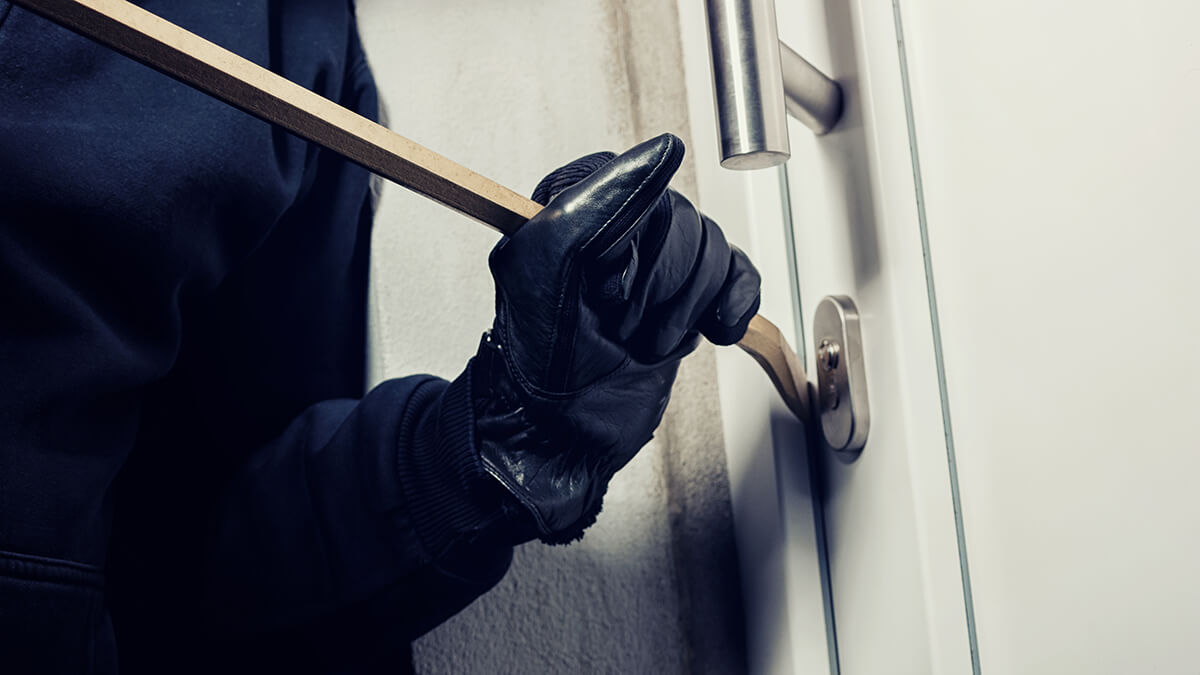
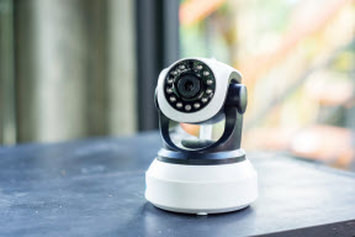
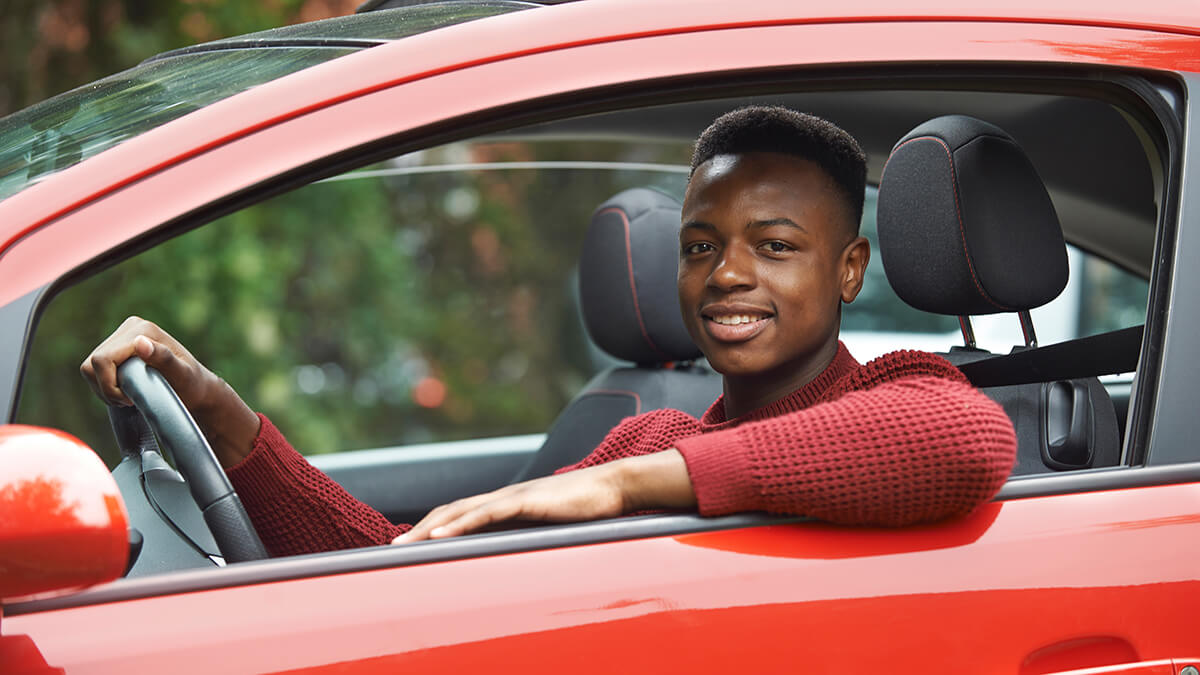
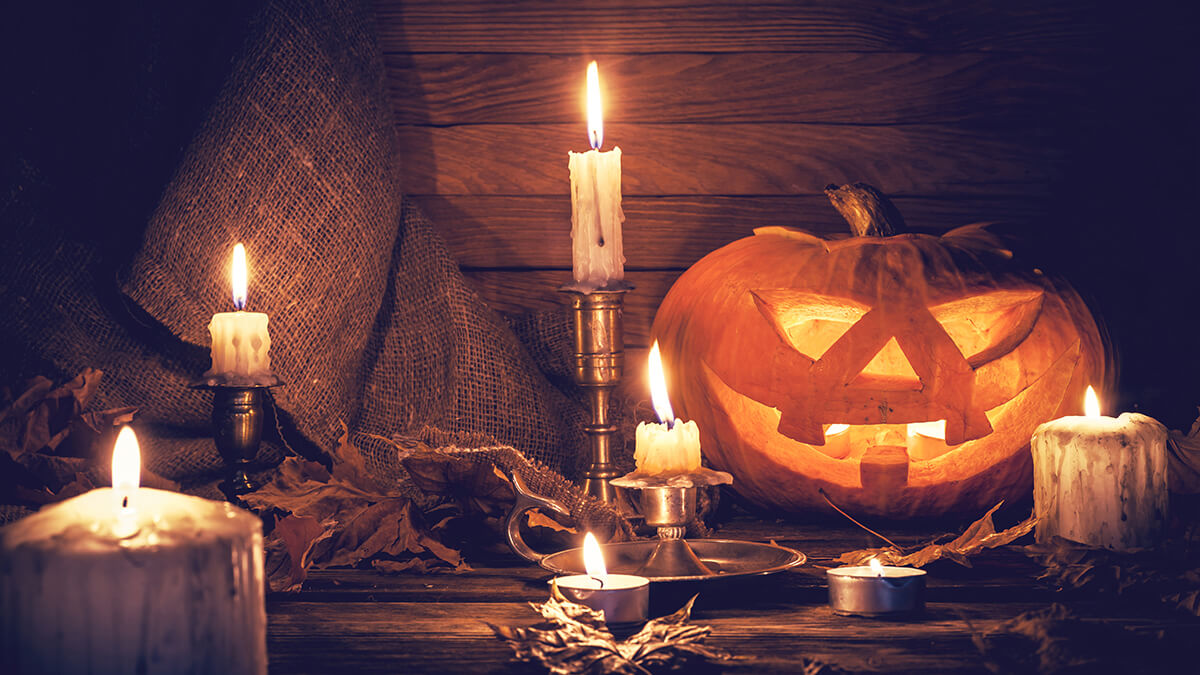
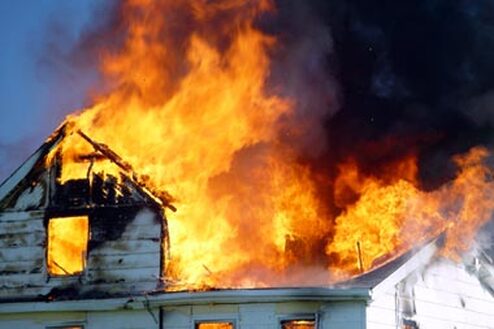
 RSS Feed
RSS Feed